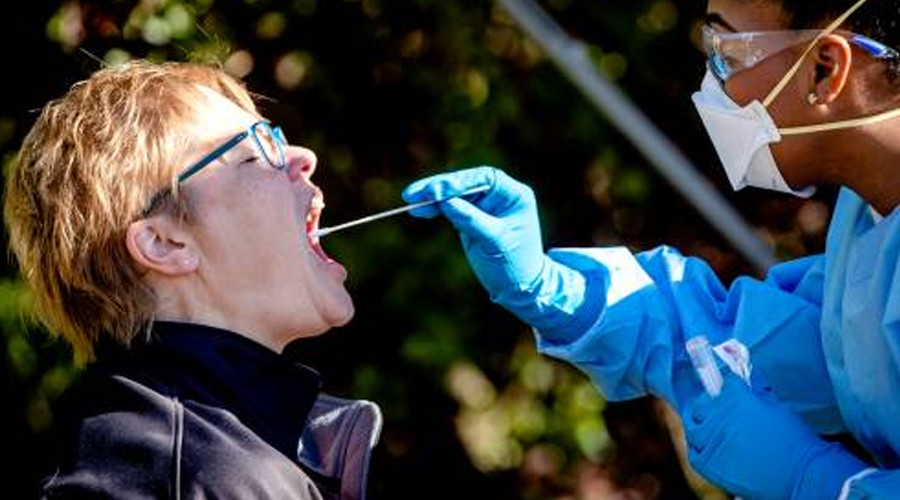More and more Dutch people who cough or have other complaints that could indicate the corona virus, are being tested. However, the willingness to stay at home with complaints is small, according to behavioral research by the National Institute for Public Health and the Environment (RIVM) and GGD-GHOR.
The poll of 60,000 people, which is periodically repeated, shows that 32 percent of the respondents who suffer from complaints have had themselves tested for corona. That is almost double the previous poll, which was conducted in July. More than a quarter of the respondents had complaints during the six weeks that also belong to a corona infection. Of that group, 54 percent did not think of corona, but of an underlying condition, such as asthma or allergies.
Yet 21 percent of the people who have complaints about an underlying cause had themselves tested for the virus to be sure. Willingness to test is higher among people who develop new complaints: 45 percent.
Frequent testing is one of the pillars of the corona policy. With another pillar, the principle that people who may be infected should stay at home, is less successful. Respondents who had complaints continued to go shopping en masse (90 percent), 43 percent indicated that they had gone to work, 64 percent visited family or friends despite complaints and 41 percent of people with complaints went to the catering industry.
It is remarkable that the respondents en masse support the national regulation to stay at home even with mild complaints: 84 percent think this is a good rule. The poll also shows that support for the rule to keep a distance of 1.5 meters has increased by 14 percent, after an earlier decrease.
By: ANP | Photo: ANP
–


